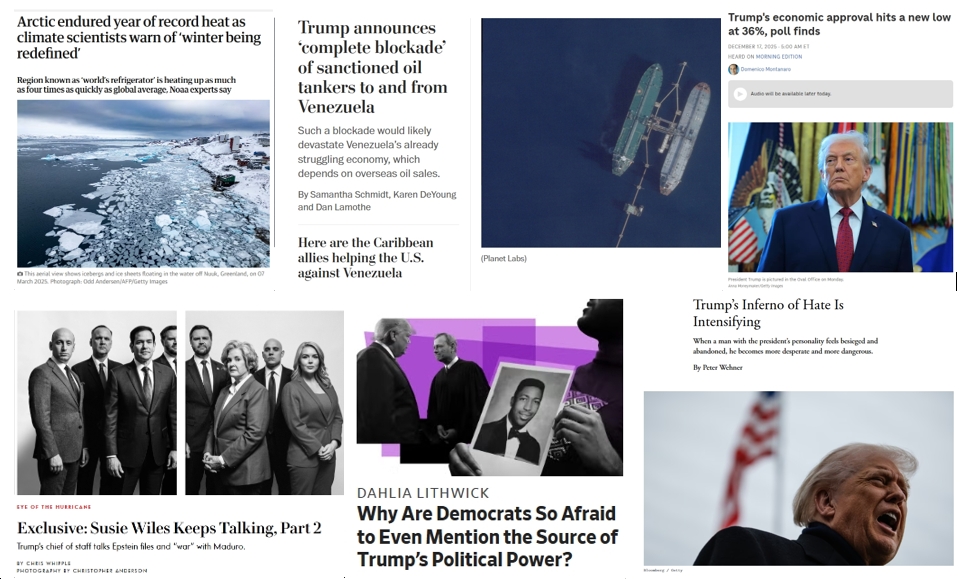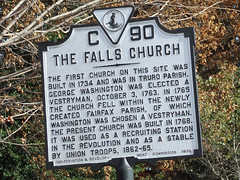 Virginia state law prohibits partisan affiliation from being listed on ballots for local elections. But can the Falls Church City Council go a step further, banning political parties from endorsing candidates in city races altogether – and do it with extremely limited public input?
Virginia state law prohibits partisan affiliation from being listed on ballots for local elections. But can the Falls Church City Council go a step further, banning political parties from endorsing candidates in city races altogether – and do it with extremely limited public input?
In the wake of two major shakeups to Falls Church city politics, the City Council is set to vote tonight on amendments to the city charter that were just drawn up at the council work session a week ago. The key additions:
- “[U]nder this amendment to Section 3.02, candidates for City Council who are nominated by political party primary or convention will no longer be listed on the ballot for City Council.”
- “Candidates for the office of city council shall be qualified voters of the city and shall file their notice of candidacy and be nominated only by petition in the manner prescribed by law for nonparty candidates and not by caucus, primary, convention or other party-affiliated proceeding.”
- The amendments warn against not just the evils of partisan elections, but of partisan candidates
So why the rush to change the charter? Under Virginia’s Dillon’s Rule system, the changes need Virginia General Assembly approval, so the City Council wants to get the amendments into its legislative package in time for the next General Assembly session in January. Unfortunately, it seems the City Council is putting that deadline ahead of opportunity for public input – an especially unfortunate move given voters just dealt the Council a harsh rebuke in this month’s election.
Voters rejected City Council efforts to keep city elections in May, passing a referendum to move city elections to November by a stunningly large 2-to-1 margin. Referendum opponents warned voters a move to November could make city elections more partisan, but voters ignored those arguments. Then just days later, the civic organization Citizens for a Better City (CBC) announced it would no longer endorse local political candidates. As the Falls Church News-Press editorialized, the changes left a sudden void:
So now, there is a flattened and broadened political landscape: no direction and twice the voters. One could call that a more “purely democratic” environment, but it may advisable to revisit Plato’s “The Republic” for a poignant critique of the shortcomings, or, better, short livelihood, of “pure democracies.”
The CBC may have thought it could dictate by its action a newly-leveled political environment, but its withdrawal will likely encourage other groups, or the formation of other groups, to fill the vacuum. No wish to mandate that future elections be non-partisan, for example, can prevent the exercise of First Amendment rights to the contrary.
But instead, a new dicatate seems precisely what the City Council is proposing to do. Rather than regrouping, reassessing, and gathering public input, the City Council is rushing ahead under deadline pressure on proposed amendments that may or may not reflect the desires of current voters, never mind future ones.
What’s more, it’s not clear if any of the proposed amendments are either constitutional or enforceable. Can the City Council decide which groups of voters can or cannot publicly endorse political candidates? What if a party doesn’t formally endorse, but does a mailing without a candidate’s approval or knowledge – would that candidate be thrown off the ballot anyway?
The third amendment is particularly telling. For example, Council Member Lawrence Webb – whose name is on the amendments – donated $100 to Democratic Del. Charniele Herring’s campaign in 2009 (several other city council & school board members have donated to political candidates as well). Under the amendments, would it be enough for Webb to swear off Democratic references on campaign literature? Or would he have to swear off all Democratic affiliations & donations for the duration of his term?
Just weeks after voters settled Falls Church’s biggest electoral controversy, will the City Council open a new one? We may find out tonight.


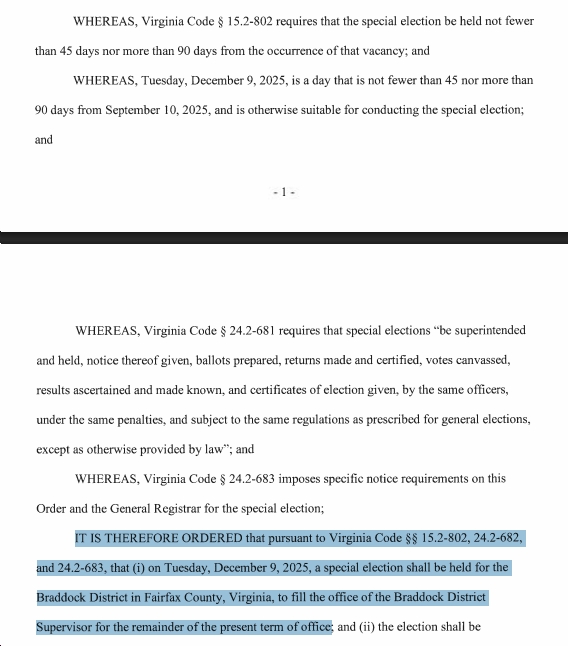
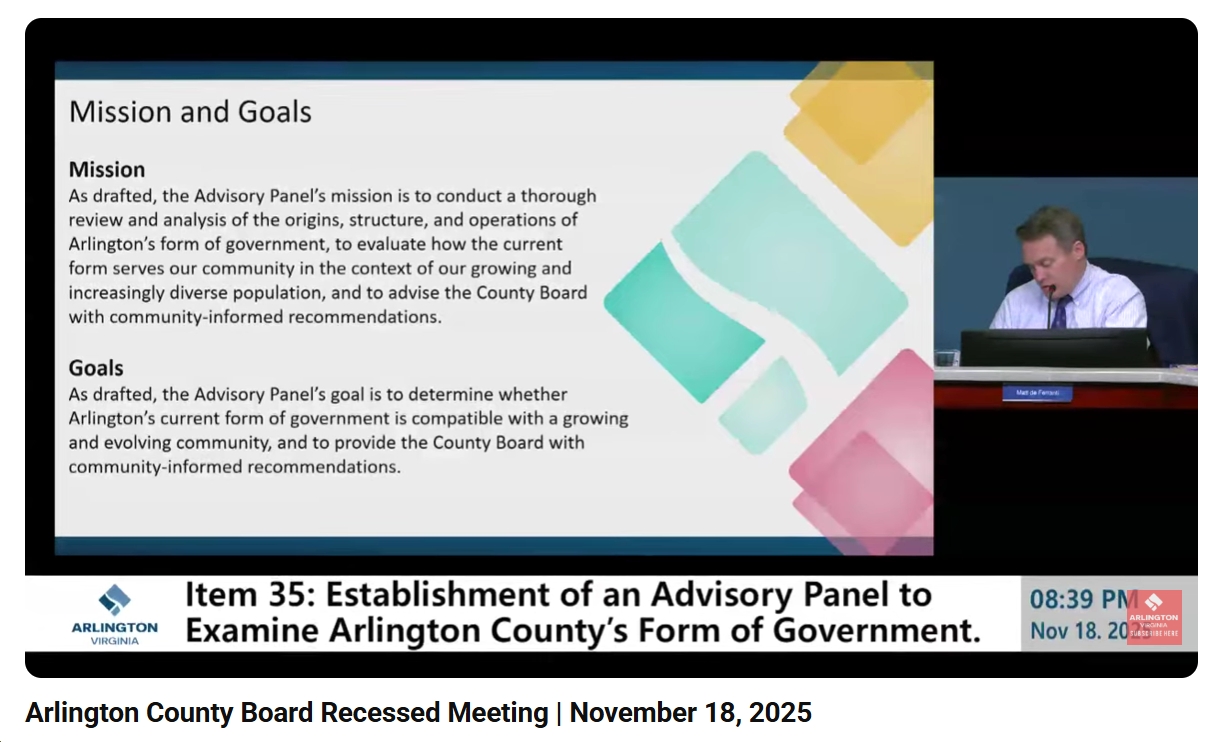
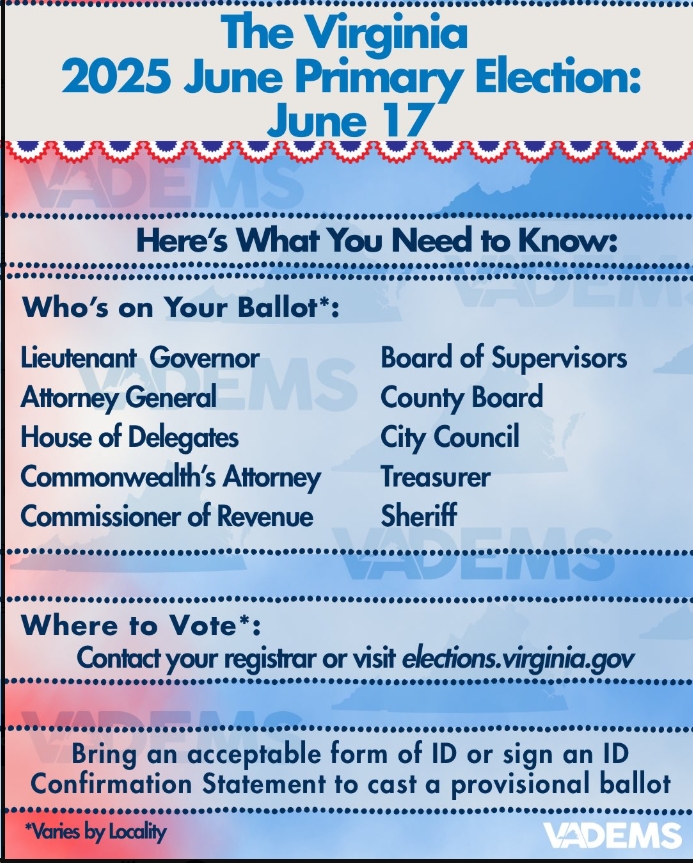
![Monday News: “Tillis Savages ‘Misinformed’ Trump for ‘Betraying’ Voters”; “Trump’s [Budget] Bill Will Destroy America’s Climate Progress” – and MUCH More!; “What the University of Virginia Should Have Done”; Map of Walkinshaw’s Dominant Victory in VA11](https://bluevirginia.us/wp-content/uploads/2025/06/montage0630.jpg)
